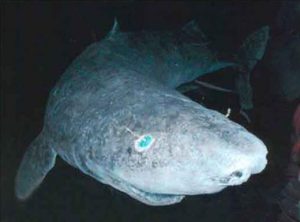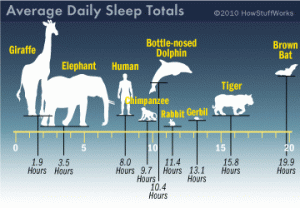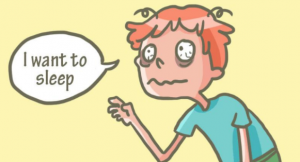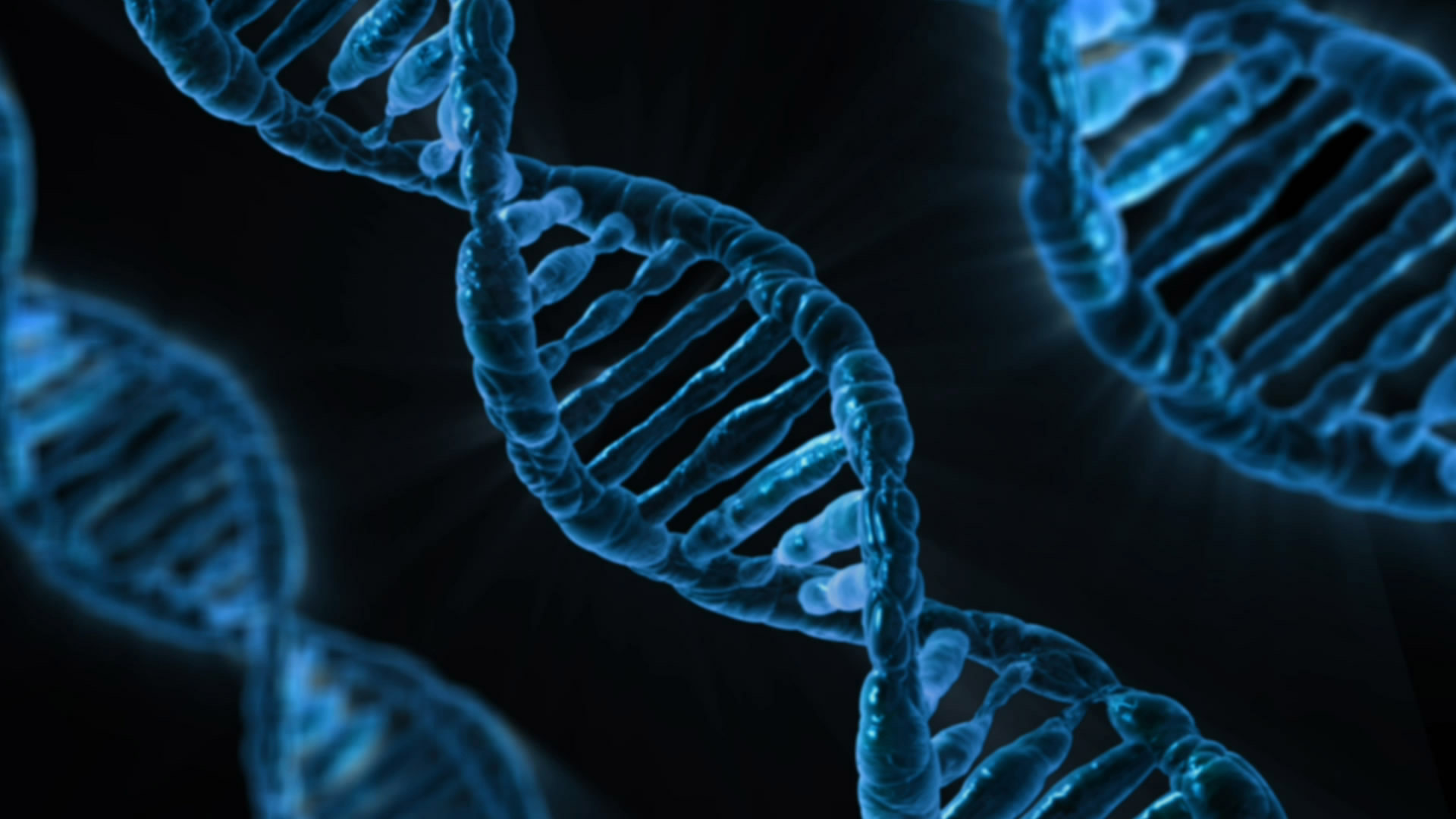The secret to longevity may be lurking in Greenland’s waters.
Although the New Yorker describes the Greenland shark as having “an unfortunate dull-witted appearance,” some scientists believe that exciting prospects lie in studying the species’ physiology.

The Greenland shark. Source: Flickr, uploaded by Justin
This scientific interest was piqued by the discovery that the Greenland shark can live for at least 272 years, and may even surpass 400 years of age. However, until recently, little else was known about the shark due to its remote location in the frigid waters of the Northern Atlantic.
“They’re very large, they live at very great depths apparently, they’re slow-moving, and nothing else was known about them,” said Dr. Robert Shadwick, a professor of comparative physiology at the University of British Columbia.
In precarious times of warming oceans and shrinking sea ice, understanding the physiology of top predators, such as the Greenland shark, could reveal valuable insights into the dynamics of fragile arctic ecosystems. To this end, in 2012, twenty researchers, intrigued by the shark’s long lifespan and fueled by a passion to protect the natural world, set off from the coast of Greenland to learn more about the elusive creature.
Gone fishing.
Dr. Shadwick was one of the researchers on the expedition. He and his colleagues uncovered that the Greenland shark’s blood pressure is much lower than that of other sharks. To hear about the trip, which Dr. Shadwick described as a once in a lifetime opportunity, take a listen below.
Press play to hear what it’s like to go on a research cruise.
You’ve caught a shark, now what?
But, it wasn’t all smooth sailing. Unlike humans, you can’t measure a shark’s blood pressure by placing a cuff around its fin. Instead, Dr. Shadwick and his colleagues had to come up with a novel technique that involved harvesting the blood vessels of the Greenland shark. For a detailed explanation of the method, check out the video below.
Learn how researchers determined the blood pressure of the Greenland shark.
About that lifespan…
Coupled with their slow swimming speeds, the finding that the Greenland shark has very low blood pressure suggests that the species needs to convert relatively little food to energy to sustain itself. Dr. Shadwick explained that this low energy requirement is likely one reason why the shark can live so long. By converting less food to energy, the shark experiences less wear and tear compared to other vertebrates, leading to a longer lifespan. Another contributor to the shark’s old age could be the cold waters it inhabits, as frigid temperatures have been shown to activate a variety of anti-aging genes.
We asked Dr. Shadwick if knowledge of the Greenland shark could one day lead to longer lifespans for humans. He replied, “Sure, why not. [chuckles] You never know what’s possible.”
Contributors: Hayley Carolan, David Infanti and Wayne Tse











